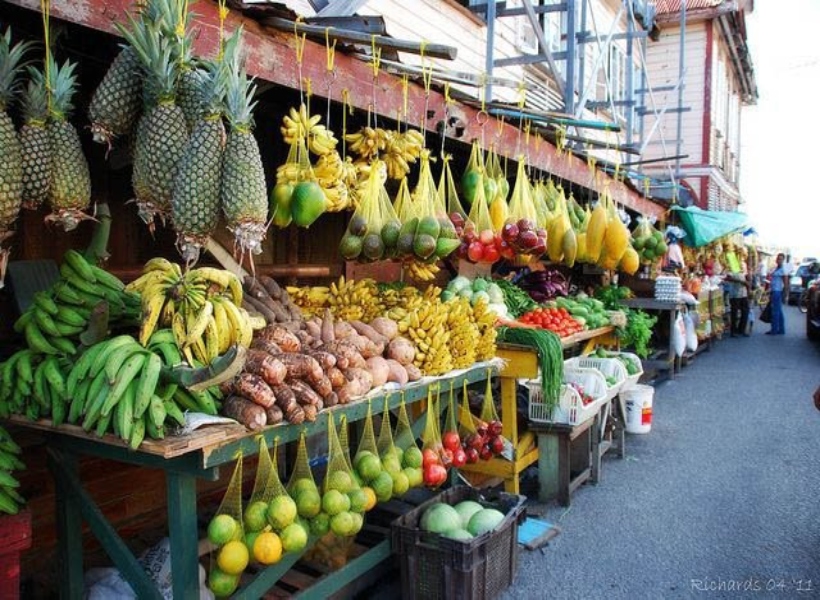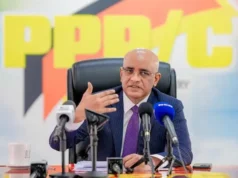Guyana along with scores of other states vulnerable to climate change impacts is set to benefit from a multimillion-dollar fund that will help to fortify their respective agricultural systems.
The Food and Agriculture Organization of the United Nations (FAO) and the International Fund for Agricultural Development (IFAD) are expected to lead the recently approved US$230M Food Systems Integrated Programme of the Global Environment Facility (GEF).
The programme will be complemented by additional co-financing from GEF donors to support member countries. The decision was made at the 63rd Council Meeting of the GEF.
While agrifood systems are the source of nutrition and livelihoods, they are also one of the major causes of environmental degradation. Agricultural sectors, including forestry and other land use sectors, are the biggest drivers of global biodiversity loss. In fact, unsustainable agrifood systems globally degrade one-third of agricultural land, contribute an estimated 30 percent of greenhouse gas emissions, and consume 70 percent of groundwater withdrawals.
The Food Systems Integrated Programme will aim to catalyse national and global shifts towards sustainable nature-positive production systems by supporting efficient, sustainable and resilient value chains for crops, forest products, commodities, livestock, and aquaculture. FAO and IFAD said they aim to align the programme with the outcomes of the 2021 UN Food Systems Summit and collaborate with partners, such as the United Nations Development Programme, the World Business Council for Sustainable Development, the Nature Conservancy, and the Regional Development Banks to deliver greater results.
“Transforming the way we produce, distribute and consume food so that our actions are truly inclusive and sustainable requires a paradigm shift. We need to work in partnership, assemble and leverage finance and investments, and strengthen policies, knowledge and capacities,” says IFAD President, Alvaro Lario. “The GEF Integrated Program on Food Systems will support countries to define their national pathways and prioritize interventions that have proven to deliver measurable benefits for the climate, the environment and the people.”
FAO and IFAD are implementing agencies of the GEF, a partnership of 18 agencies and 183 countries. The GEF serves as a financial mechanism for several environmental conventions.













